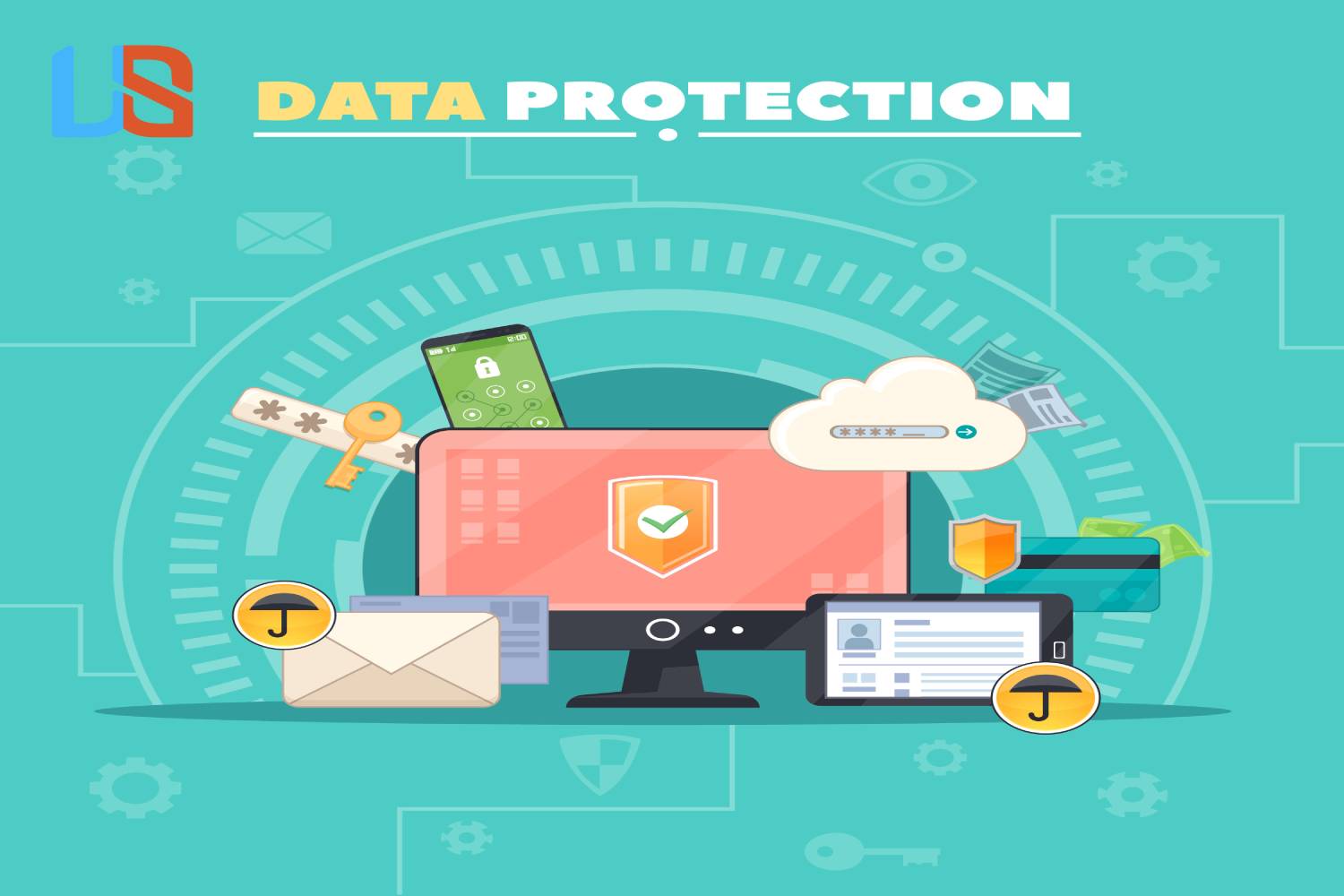
Introduction
In today’s fast-paced digital era, data has become the lifeblood of businesses. From customer information to proprietary trade secrets, data is at the heart of operations. However, with the growing reliance on technology, the risk of data breaches and cyber-attacks has also increased significantly. As businesses embrace the digital landscape, it becomes imperative to prioritize data security and implement holistic measures to safeguard valuable information. This article delves into the importance of data security and explores various strategies to protect your business from potential threats
The Rising Importance of Data Security
The rapid digitization of businesses has revolutionized the way we operate. While this brings numerous advantages, it also exposes us to new vulnerabilities. Cybercriminals are continuously evolving their tactics, making data breaches and cyber-attacks more sophisticated and damaging. The consequences of a data breach can be severe, ranging from financial losses to reputational damage. As such, data security is no longer an option but a necessity to ensure business continuity and build trust with customers.
Understanding the Threat Landscape
Before diving into protective measures, it is crucial to understand the threat landscape. Cyber threats come in various forms, such as
- Phishing Attacks: Cybercriminals use deceptive emails or messages to trick employees into revealing sensitive information like login credentials.
- Malware: Malicious software like viruses, ransomware, and trojans can infiltrate systems and disrupt operations or steal data.
- Insider Threats: Employees or insiders with access to sensitive information may intentionally or unintentionally compromise data security.
- DDoS Attacks: Distributed Denial of Service (DDoS) attacks overwhelm a system’s resources, causing it to become inaccessible to legitimate users.
- Social Engineering: Cybercriminals exploit human psychology to manipulate individuals into divulging confidential data.
Holistic Data Security Strategies
To protect your business from the ever-evolving threat landscape, adopting a comprehensive and holistic approach to data security is essential. Here are some key strategies:
1. Conduct a Data Audit
Begin by conducting a thorough data audit to identify all the types of data your business handles, stores, and processes. Categorize the data based on its sensitivity and criticality to prioritize protective measures.
2. Implement Strong Access Controls
Control access to sensitive data through role-based permissions. Limit access only to those who require it to perform their duties. Additionally, enforce multi-factor authentication to add an extra layer of security.
3. Regular Employee Training
Educate your employees about data security best practices and the importance of remaining vigilant against potential threats like phishing attempts. Regular training sessions can significantly reduce the risk of human error-based breaches.
4. Data Encryption
Employ strong encryption algorithms to protect data both in transit and at rest. Encryption ensures that even if data is intercepted, it remains unreadable and useless to unauthorized individuals.
5. Regular Software Updates
Keep all software, including operating systems and applications, up-to-date with the latest security patches. Cybercriminals often exploit known vulnerabilities in outdated software.
6. Network Security
Implement robust firewalls and intrusion detection systems to monitor and protect your network from unauthorized access and suspicious activities.
7. Incident Response Plan
Develop a comprehensive incident response plan to handle data breaches effectively. This plan should include steps to contain the breach, assess its impact, notify affected parties, and recover from the incident.
FAQs
Data security is vital for businesses in the digital landscape because it helps protect sensitive information from cyber threats. With the increasing use of technology, the risk of data breaches and cyber-attacks has grown significantly. Implementing robust data security measures ensures the confidentiality, integrity, and availability of critical data, safeguarding the business from potential financial losses and reputational damage.
Businesses face various cyber threats, including phishing attacks, malware, insider threats, DDoS attacks, and social engineering. These threats target vulnerabilities in systems and exploit human errors to gain unauthorized access to sensitive data.
To protect themselves from data breaches, businesses should adopt a holistic data security approach. This includes conducting data audits, implementing strong access controls, regularly training employees, encrypting data, keeping software up-to-date, enhancing network security, and having a comprehensive incident response plan in place.
Data encryption is crucial as it converts data into a code, preventing unauthorized access and safeguarding sensitive information. It ensures data remains unreadable to unauthorized individuals, enhancing data protection.
Employees’ active participation in data security is vital. Regular training and awareness sessions enable them to identify and report potential threats, like phishing attempts. Adhering to security best practices, such as using strong passwords, not sharing sensitive information, and promptly reporting suspicious activities, reinforces data security.
Conclusion
In conclusion, data security is of utmost importance in the digital landscape. Businesses must take proactive steps to safeguard their valuable information from cyber threats and data breaches. A comprehensive approach that includes regular training, strong access controls, encryption, and incident response planning is essential. By prioritizing data security, businesses can instill confidence in their customers, protect their reputation, and ensure long-term success in the digital world.
Remember, the digital landscape is ever-changing, and data security must evolve with it. By staying informed and proactive, businesses can stay one step ahead of cybercriminals and navigate the digital world with confidence.





